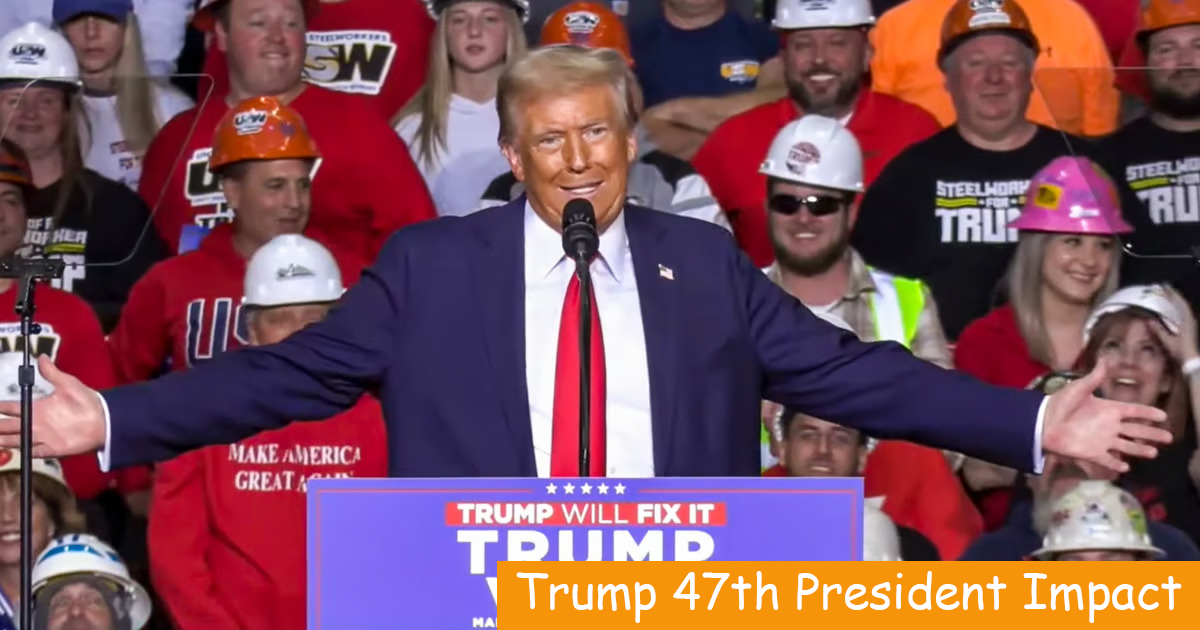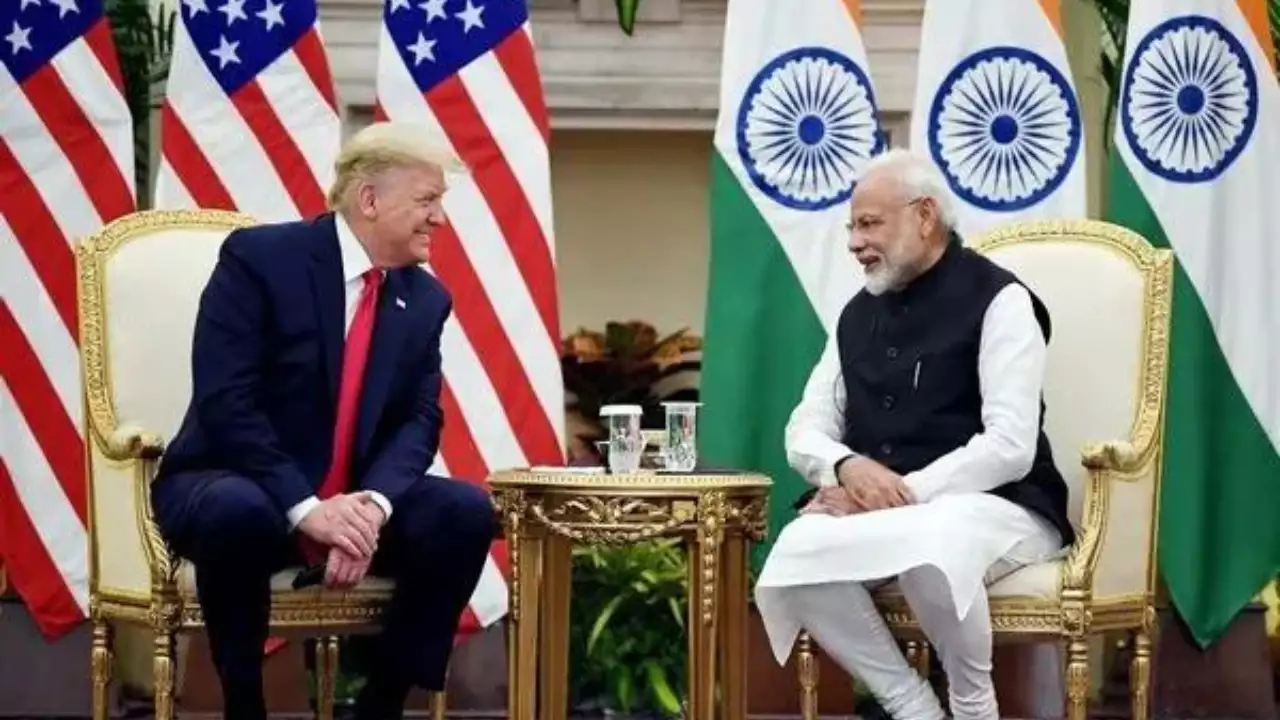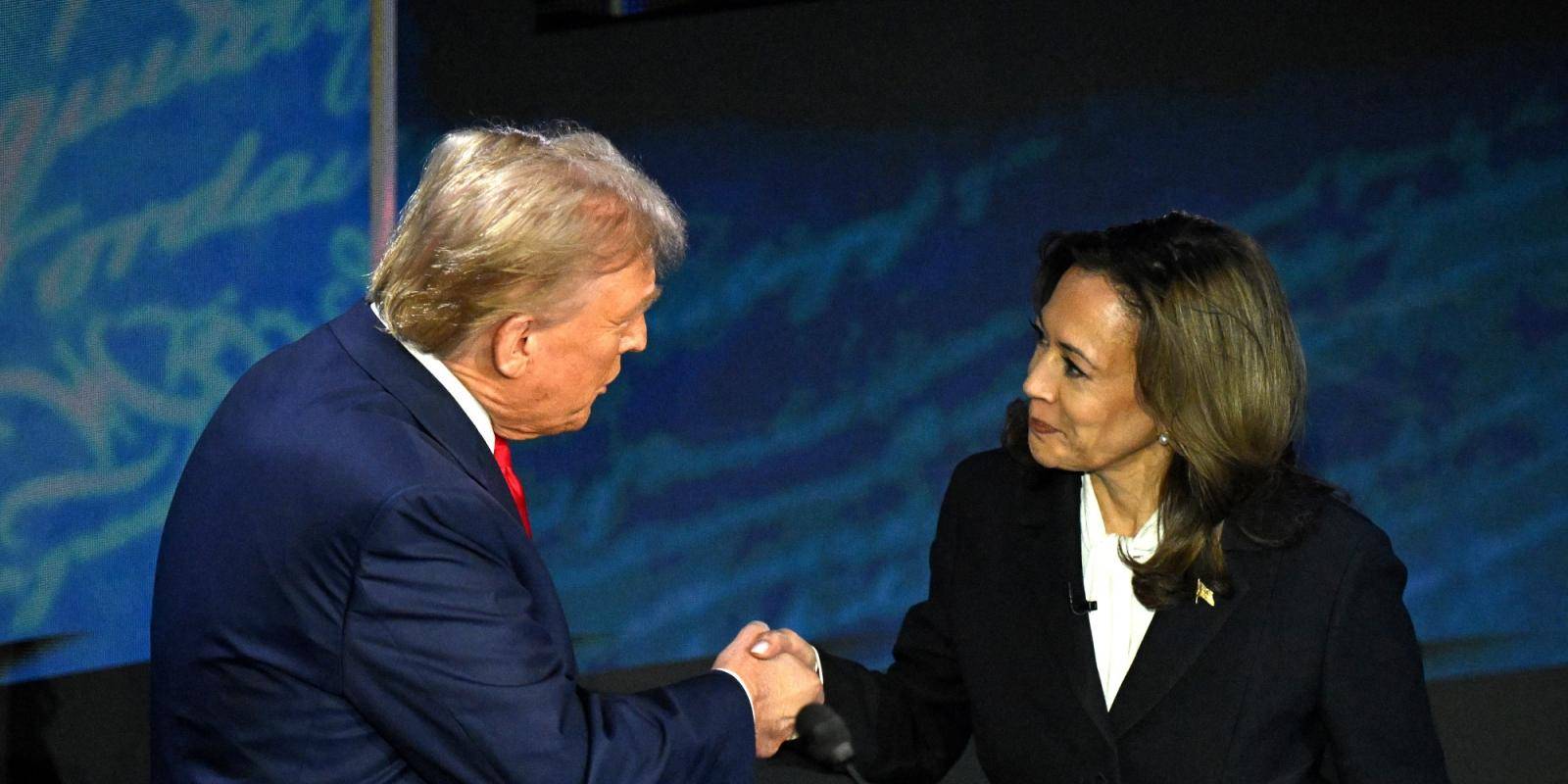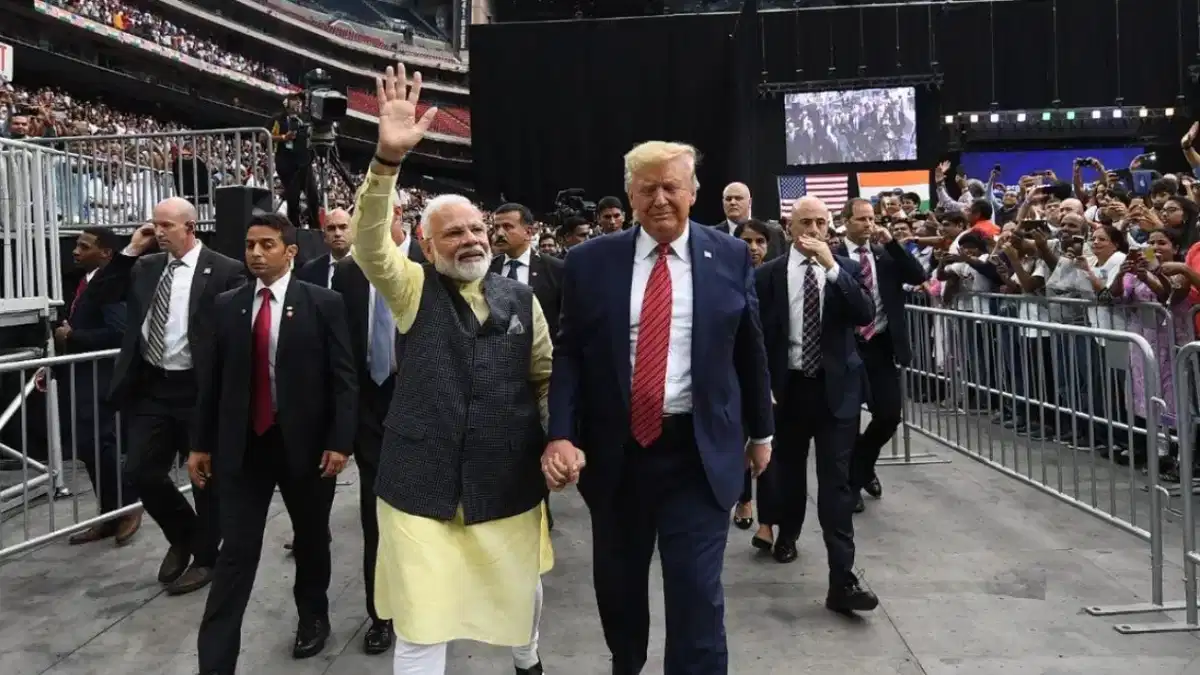
What It Means for India and Global Politics
In a remarkable comeback, Donald J. Trump has returned to the White House as the 47th President of the United States, following an election that stunned political pundits around the world. The Trump 47th President Impact represents not only a shift in American politics but also carries significant implications for India, given New Delhi’s historically warmer ties with Republican administrations. With the Biden administration struggling with low approval ratings on issues like inflation and immigration, voters opted for Trump’s populist brand once again, marking a potential pivot in U.S. governance.
A Complex Friendship with India
For India, Trump’s presidency is both an opportunity and a challenge. New Delhi has enjoyed a closer relationship with the Republicans, dating back to George W. Bush’s administration, which advanced the U.S.-India Civil Nuclear Agreement, a landmark deal that showcased the Republican Party’s commitment to strengthening ties with India. Trump’s earlier term (2017–2021) also saw friendly gestures towards India, particularly with Prime Minister Narendra Modi, evidenced by large joint rallies like “Howdy, Modi!” in Houston. Trump even touted his admiration for Hinduism during his campaigns, appealing to Indian-American voters and attempting to forge a deeper cultural connection with India.

Image credits: Times of India
However, despite the camaraderie, Trump notably declined Modi’s invitation to be the Chief Guest at India’s 2019 Republic Day parade. Given his history of dismissing diplomatic protocols and avoiding ceremonial obligations, it’s uncertain whether he would accept a similar invitation as the 47th President. Trump’s impatience for lengthy traditions could pose a diplomatic balancing act for India, especially if New Delhi seeks to capitalize on this renewed relationship without offending Trump’s well-known mercurial tendencies.
A Divisive Victory at Home
Trump’s win comes amid an unprecedented political landscape. Four years after his impeachment for inciting violence on Capitol Hill, and following a series of legal battles, including a conviction for a felony in New York, Trump defied the odds. His path back to power was also paved by Vice President Kamala Harris’s faltering campaign, marred by her inability to clearly differentiate her policy stance from President Biden’s. In a defining moment, Harris’ hesitation to answer a question on ABC’s The View about what she would have done differently than Biden became a symbol of her campaign’s struggles.

Image credits: Chatham house
Despite his legal woes and controversies, Trump’s message resonated with American voters who were dissatisfied with the Biden administration’s economic performance. The win underscores Trump’s appeal as a populist leader who champions a strong, if contentious, form of governance. However, critics worry that this victory could usher in a more authoritarian approach to American governance, setting a precedent for more unilateral executive actions.
India's Strategic Advantage?
For India, Trump’s second term could be advantageous. His self-proclaimed friendship with Prime Minister Modi and his vocal opposition to radical Islamist groups align with India’s own counter-terrorism efforts. Trump has historically been supportive of India’s stance on Pakistan and its policies in Kashmir, which aligns with Modi’s tough stance on regional security. A Trump-led U.S. government may provide India with more diplomatic backing against regional challenges posed by China and Pakistan.

Image credits: The Guardian
Under Trump, the U.S. may intensify its stance on countering Chinese influence in the Indo-Pacific—a priority that overlaps with India’s own strategic goals. Trump’s ‘America First’ approach also signals a more selective and transactional foreign policy, which could give India more latitude in handling its regional affairs, though it could come with pressure to support the U.S. stance in broader geopolitical conflicts.
Historical Parallels and Lessons
Trump’s political journey parallels other populist leaders who have returned to power despite controversy, such as Italy’s Silvio Berlusconi and Brazil’s Luiz Inácio Lula da Silva. Like Trump, these leaders maintained a loyal base that valued their nationalist rhetoric and policies. For Trump, this win is a chance to rewrite his legacy, proving that populism still has a powerful foothold in American politics, even amidst polarization.

Image credits: Britannica
From a global perspective, Trump’s return evokes memories of U.S.-India collaborations under past Republican administrations. The India-U.S. defense ties solidified under Bush and continued under Trump’s first term were major milestones, with India becoming a significant arms buyer from the U.S. in its modernization efforts. During Trump’s first term, defense deals worth billions of dollars were signed, and military cooperation between the two countries reached new heights.
Trump’s Unpredictability and India’s Calculated Caution
Despite potential benefits, India’s leadership will proceed cautiously. Trump’s unpredictability and impulsive decision-making style are both an asset and a liability. For instance, he maintained an unusual silence on the 2020 Delhi riots, which nearly overshadowed his state visit. While some appreciated his hands-off approach to India’s internal matters, it highlighted his selective engagement with human rights, a stance that could lead to further scrutiny in future situations.

Image credits: News9 Live
India’s relationship with Trump will require diplomacy and strategic patience. Trump’s history with Indian-American advisors and his outreach to the Indian diaspora could lead to better representation of Indian interests in his administration. However, the focus will remain on pragmatic economic and defense agreements rather than ceremonial alliances.
Statistics and Electoral Context
Trump’s 2024 comeback was bolstered by record-high inflation rates under Biden’s presidency, and immigration policies that many Americans felt were poorly managed. According to Gallup polls, Biden’s approval ratings had slipped to historic lows by late 2023, with over 60% disapproval. Economic concerns and a pushback against what was perceived as overly progressive domestic policies helped rally a broad coalition for Trump, from rural conservative voters to moderate Republicans, leading to his victory.
Moving Forward: Trump’s Second Term and India-U.S. Relations
As Trump prepares to take office, both allies and critics are bracing for another wave of his signature style of governance. With his re-election, Trump is likely to push a harder line on immigration, ramp up domestic manufacturing policies, and potentially challenge free trade norms. For India, this could open doors for further collaboration on economic and security fronts while presenting new diplomatic challenges.
Trump’s legacy, controversial as it may be, is now poised for another chapter, one that may redefine U.S. foreign policy in an increasingly multipolar world. His return marks not only a significant political event but also a pivot for India-U.S. relations, signaling a complex era of both opportunities and risks.
Whether Trump’s promises to Modi and the Indian diaspora will materialize into tangible policies remains to be seen, but one thing is clear: India is likely to remain a key player in Trump’s global strategy.
IS360 Can be Reached at
Sharing is caring!

